On November 4, at the Conference on sharing experiences on tobacco control of ASEAN countries, leaders of the Ministry of Health continued to affirm the industry's viewpoint of banning the production, trading, import, advertising, and use of new tobacco products.
Vietnam must act now to protect young people from tobacco addiction.
On November 4, at the Conference on sharing experiences on tobacco control of ASEAN countries, leaders of the Ministry of Health continued to affirm the industry's viewpoint of banning the production, trading, import, advertising, and use of new tobacco products.
According to the Ministry of Health, Vietnam is one of the countries that has shown a strong commitment to preventing and combating the harmful effects of tobacco through signing the Framework Convention on Tobacco Control (FCTC) of the World Health Organization (WHO) on November 11, 2004 and passing the Law on Prevention and Control of Harm on June 18, 2012.
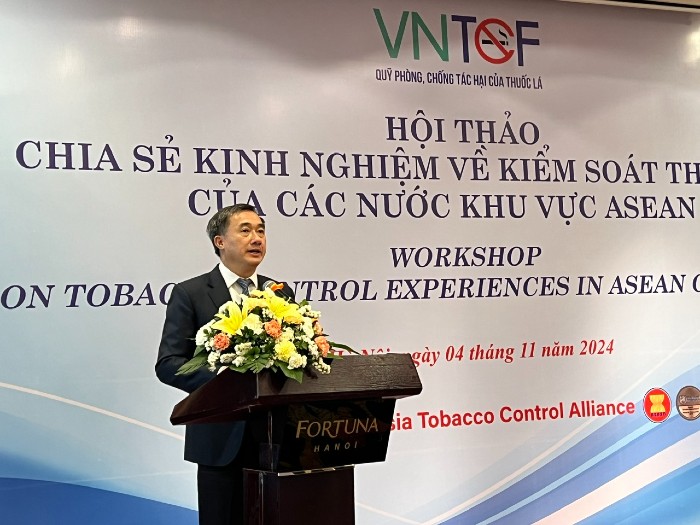 |
| Deputy Minister of Health Tran Van Thuan spoke at the workshop. |
After the Law on Tobacco Harm Prevention took effect, groups of solutions on tobacco harm prevention were deployed synchronously nationwide, such as communication and education on tobacco harm prevention; implementation of a smoke-free environment; tobacco tax policies; health warnings; banning advertising, promotion, and sponsorship of tobacco products; smoking cessation, etc.
After 10 years of implementing the Law on Prevention of Tobacco Harms, with the attention of the National Assembly, the Government and the joint support of domestic and international non-governmental organizations, the Ministry of Health has coordinated with ministries, branches, provinces, cities, and socio-political organizations to carry out many activities to prevent the harmful effects of tobacco and have achieved encouraging results.
The report summarizing 10 years of implementing the Law on Tobacco Harm Prevention shows that the rate of regular cigarette use among adult men decreased by an average of 0.5% per year from 47.4% in 2010 to 38.9% in 2023.
The smoking rate among adolescents has also decreased, in which, in the 13-17 age group it decreased from 5.36% in 2013 to 2.78% in 2019, in the 13-15 age group it decreased from 2.5% (GYTS 2014) to 1.9% (GYTS 2022). At the same time, the rate of exposure to secondhand smoke has also decreased significantly in households, public places and workplaces.
However, the work of preventing the harmful effects of tobacco in Vietnam still faces many difficulties and challenges. Although the rate of tobacco use in Vietnam has decreased, it is still very high, especially among men, while the emergence of new tobacco products (electronic cigarettes, heated tobacco, Shisha tobacco) is increasing the rate of use of these products among adolescents and young women.
In the 13-15 age group, e-cigarette use doubled from 3.5% in 2022 to 8% in 2023.
Currently, the special consumption tax on the retail price of tobacco products in Vietnam accounts for only 38.8%, much lower than the World Health Organization's recommendation of 70-75% of the retail price.
In addition, the easy access to tobacco products and the fact that cigarettes are sold everywhere makes tobacco harm prevention in Vietnam even more difficult.
In order to effectively implement tobacco control solutions, in addition to the role of domestic ministries, branches, agencies and organizations, the support of international organizations and non-governmental organizations also plays an important role. The consistent viewpoint of the health sector is to prohibit the production, trading, import, advertising and use of new tobacco products.
In recent times, Vietnam has received support for tobacco harm prevention from organizations such as the World Health Organization, Bloomberg Foundation, Southeast Asia Tobacco Harm Prevention Alliance... thereby contributing to successfully lobbying for the development of the Law on Tobacco Harm Prevention, establishing the Tobacco Harm Prevention Fund to support ministries, branches, provinces and cities to implement the Law on Tobacco Harm Prevention...
Faced with current challenges in tobacco harm prevention and priorities in improving policies and enhancing solutions to reduce tobacco use in ASEAN in general and in Vietnam in particular, cooperation and experience sharing among countries in the region are extremely necessary, according to the Ministry of Health.
According to Dr. Ulysses Dorotheo, Executive Director of SEATCA, Vietnam, like other ASEAN countries, is facing the problem of increasing use of e-cigarettes/heated tobacco products, especially among young people. A ban on e-cigarettes/heated tobacco products is the most effective way to address this problem and avoid repeating the mistake of allowing the tobacco epidemic to increase.
More than forty countries and territories have banned e-cigarettes/heated tobacco products. In ASEAN, Brunei, Cambodia, Laos, Singapore and Thailand have banned e-cigarettes/heated tobacco products, while Indonesia, Malaysia and the Philippines – countries that have bowed to tobacco industry pressure and allowed the sale and advertising of these harmful and addictive products – are struggling to tackle youth vaping.
According to the doctor, Vietnam should consider the lessons from these countries when deciding to ban or regulate these products. Contrary to the tobacco industry's claims, e-cigarettes/heated tobacco products are not safe.
They contain nicotine and other toxic and carcinogenic substances. Cases of e-cigarette use-associated lung injury (EVALI) are increasing globally, as in the case of a 22-year-old Filipino man who died in early 2024 from heart and lung damage after using e-cigarettes daily for two years. E-cigarettes/heated tobacco products are also not an effective smoking cessation aid.
Smokers who try to quit using e-cigarettes/heated tobacco products often end up using both e-cigarettes and conventional cigarettes.
Additionally, teens who use e-cigarettes are three times more likely to start smoking conventional cigarettes. Some countries that ban e-cigarettes/heated tobacco products have some of the lowest smoking rates in the world, including Singapore (10.1%), Brazil (9.1%), and Hong Kong (9.5%).
“By aligning its tobacco control strategies with the WHO Framework Convention on Tobacco Control, implementing a ban on e-cigarettes/heated tobacco products and imposing stronger tobacco taxes, Vietnam can significantly reduce the number of young people addicted to nicotine. These measures are essential to protect the health and well-being of future generations,” Dr. Dorotheo emphasized.
The meeting also highlighted tobacco taxation as a cost-effective and proven tobacco control strategy, noting that Vietnam has the cheapest cigarette prices in the ASEAN region, at less than US$1 per pack, making cigarettes accessible to many people, including young people.
WHO recommends that Vietnam increase tobacco taxes by adding a specific tax to the current tax rate, starting from VND5,000 (USD0.20) per cigarette pack in 2026 and increasing to VND15,000 (USD0.59) per cigarette pack in 2030. This will increase the price of cigarettes to discourage tobacco use and encourage people to quit.
In Vietnam, about 16 million adults smoke, leading to 100,000 tobacco-related deaths each year. Tobacco use costs the country VND108.2 trillion ($4.6 billion) annually in medical costs and lost productivity.
In addition to imposing tobacco taxes and banning e-cigarettes/heated tobacco products, Vietnam also needs to protect its tobacco harm prevention and control apparatus and policies from tobacco industry interference.
Ms. Tan Yen Lian, SEATCA’s Data and Information Management Officer, emphasized that currently, 8 ASEAN countries have laws to protect their public health policies from tobacco industry interference. Vietnam should also develop and implement a national policy on how the government avoids unnecessary interactions with the tobacco industry.
Source: https://baodautu.vn/viet-nam-phai-hanh-dong-ngay-de-bao-ve-gioi-tre-khoi-nghien-thuoc-la-d229127.html




![[Photo] Readers line up to visit the photo exhibition and receive a special publication commemorating the 135th birthday of President Ho Chi Minh at Nhan Dan Newspaper](https://vphoto.vietnam.vn/thumb/1200x675/vietnam/resource/IMAGE/2025/5/17/85b3197fc6bd43e6a9ee4db15101005b)

![[Photo] Nearly 3,000 students moved by stories about soldiers](https://vphoto.vietnam.vn/thumb/1200x675/vietnam/resource/IMAGE/2025/5/17/21da57c8241e42438b423eaa37215e0e)





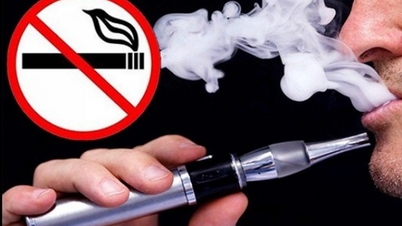

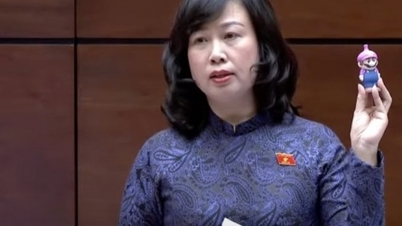






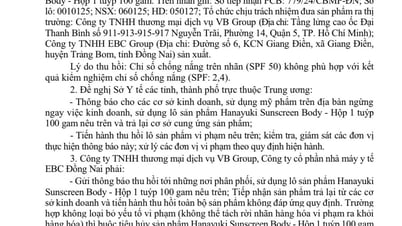

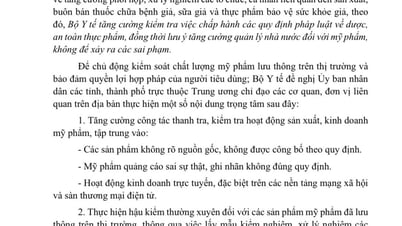
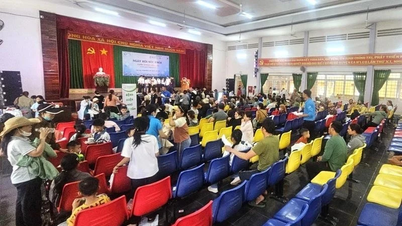




























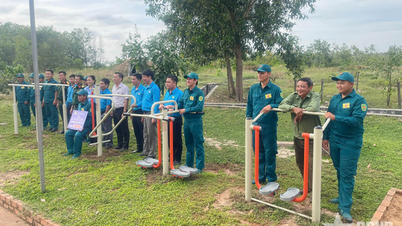















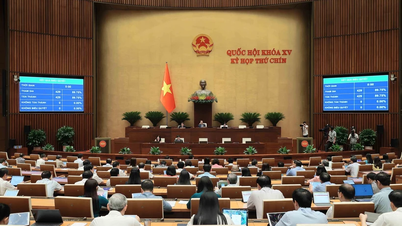










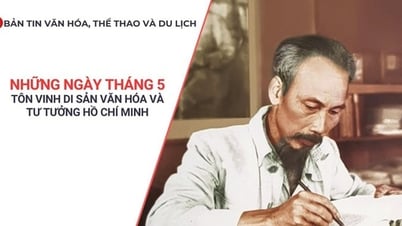


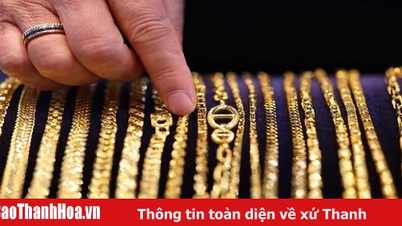




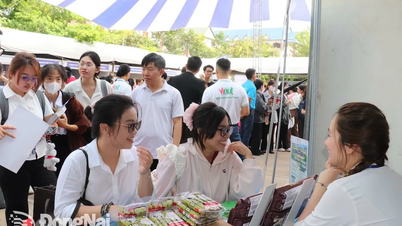


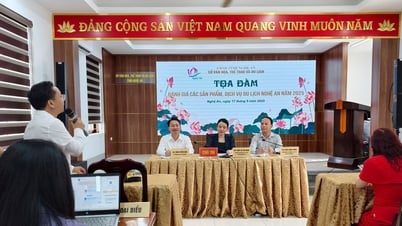










Comment (0)